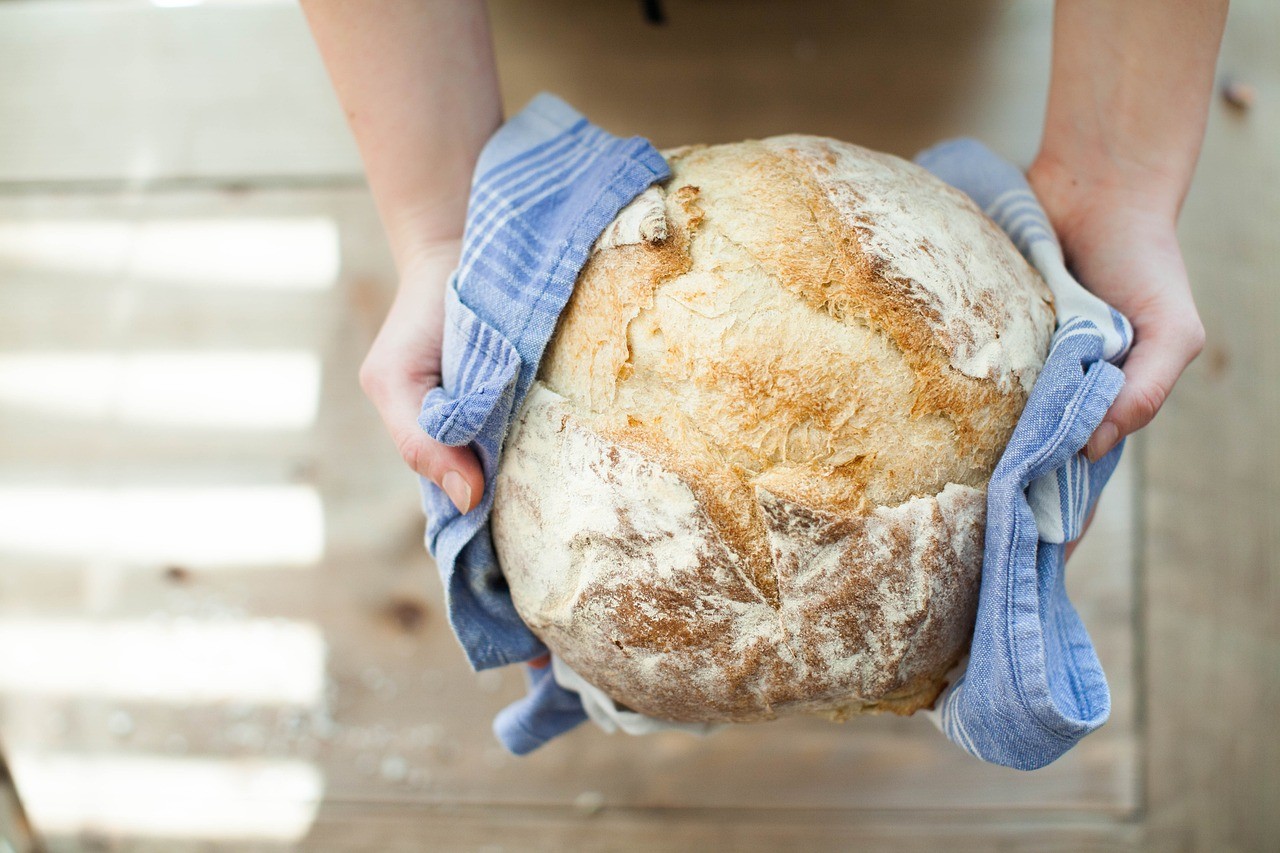How to Cook and Bake Without Eggs: Tips and Tricks
Aug 10, 2023

Eggs are a versatile ingredient in cooking and baking, serving as binders, leavening agents, and sources of moisture. However, many individuals choose to avoid eggs due to dietary restrictions, allergies, or ethical reasons. Fortunately, with the right knowledge and techniques, it's entirely possible to create delicious dishes and baked goods without eggs. In this article, we'll explore a range of tips and tricks for cooking and baking without eggs, ensuring that you can still enjoy your favorite recipes while accommodating your dietary preferences or needs.
Why Cook and Bake Without Eggs?
Egg Allergies: For individuals with egg allergies, even a small amount of egg protein can trigger a severe allergic reaction, making egg avoidance essential.
Vegan Lifestyle: Vegans abstain from all animal products, including eggs, for ethical reasons, and need egg-free cooking and baking methods.
Cholesterol and Health Concerns: Eggs are high in cholesterol, and some people choose to limit their cholesterol intake for heart health reasons.
Ingredient Availability: In some regions or situations, eggs may not be readily available, making egg alternatives a practical choice.
Tips for Cooking Without Eggs
1. Egg Replacers
There are several effective egg replacers for cooking:
Tofu: Silken tofu can be blended and used as a creamy binder in dishes like quiches, scrambles, or vegan omelets.
Chickpea Flour: Make a batter with chickpea flour and water to mimic scrambled eggs or create savory pancakes.
Vinegar and Baking Powder: A mixture of one tablespoon vinegar and one teaspoon baking powder can replace one egg in recipes that require leavening.
Yogurt: Dairy or dairy-free yogurt can provide moisture and binding in recipes like muffins and pancakes.
2. Binding Agents
To bind ingredients together in recipes, consider these alternatives:
Mashed Bananas: Use mashed bananas to bind ingredients in baked goods like muffins, pancakes, and brownies.
Applesauce: Unsweetened applesauce can add moisture and act as a binder in recipes such as cakes and cookies.
Nut Butter: Nut butters like almond or peanut butter can serve as binding agents in some recipes, especially when their flavors complement the dish.
3. Commercial Egg Replacers
Many commercial egg replacers, available in stores, are designed to mimic eggs' binding and leavening properties. These products can be particularly useful in baking.
4. Flaxseed or Chia Seed "Eggs"
Mix one tablespoon of ground flaxseed or chia seeds with three tablespoons of water. Allow the mixture to sit for a few minutes until it thickens, creating a gel-like consistency that can be used as a binder.
Tips for Baking Without Eggs
1. Understand Egg's Role
Eggs serve various functions in baking, including providing structure, moisture, and leavening. Knowing the specific role eggs play in a recipe will help you choose the best substitute.
2. Choose the Right Substitute
Select an appropriate egg substitute based on the recipe and the role eggs play in it. For example, use applesauce for moisture and bananas for binding.
3. Experiment
Don't be afraid to experiment with different egg alternatives to find the best fit for your favorite recipes. Some recipes may require a bit of trial and error.
4. Adjust Other Ingredients
Depending on the substitute used, you may need to make adjustments to other ingredients like sugar, leavening agents, or liquids.
5. Leavening Agents
In recipes where eggs provide leavening, like cakes, consider using alternatives like baking powder, baking soda, or vinegar to achieve the desired rise.
6. Dairy and Non-Dairy Milk
In recipes that call for milk, dairy or non-dairy milk can often be used interchangeably without affecting the final result.
Delicious Egg-Free Recipes
Vegan Pancakes: Replace eggs with mashed bananas or flaxseed "eggs" for fluffy, vegan pancakes.
Eggless Chocolate Cake: Create a moist and decadent chocolate cake using applesauce or yogurt as a binding and moistening agent.
Vegan Scramble: Whip up a savory tofu scramble with turmeric and nutritional yeast for a satisfying breakfast.
Egg-Free Cookies: Enjoy delicious cookies by using nut butter, such as almond or cashew butter, as a binding agent.
Conclusion
Cooking and baking without eggs is not only possible but also a creative culinary adventure. With a variety of egg substitutes and a willingness to experiment, you can achieve fantastic results in the kitchen while accommodating dietary preferences, allergies, or ethical choices. By understanding the roles eggs play in recipes and selecting the right substitutes, you can continue to enjoy a wide range of delicious dishes and baked goods without the need for traditional eggs. Happy cooking and baking!